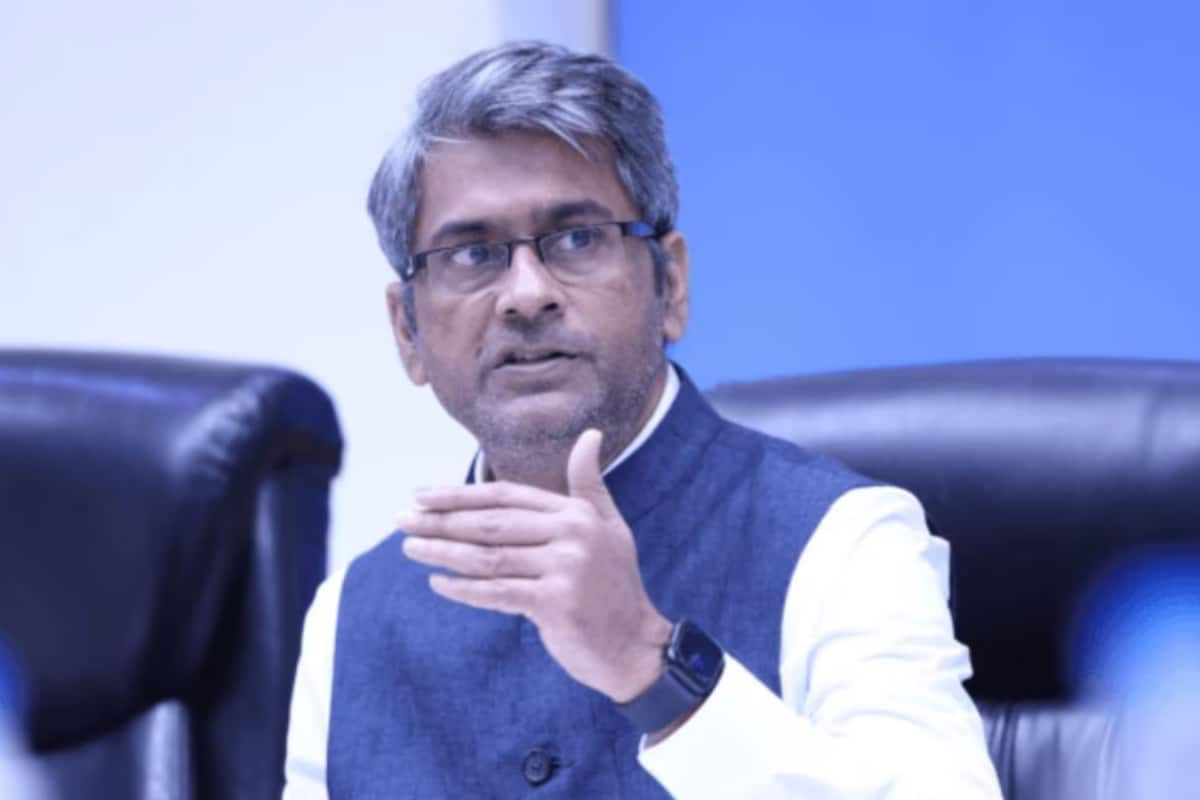

AIFF President Kalyan Chaubey is spearheading a significant push to integrate Overseas Citizens of India (OCI) players into the Indian national football team, a move that could potentially transform the landscape of Indian football. This initiative addresses the long-standing debate surrounding the eligibility of OCI and Persons of Indian Origin (PIO) players and aims to leverage the talent pool of the Indian diaspora to bolster the national squad.
Chaubey's announcement comes amidst growing concerns over the performance of the Indian team and a recognized need to strengthen the squad with quality players. Following India's recent 1-0 defeat to Hong Kong, Chaubey addressed several key issues, including the future of head coach Manolo Marquez, the integration of OCI players, and strategies for grassroots development. He acknowledged the urgent need to address the goal-scoring crisis and the shortage of strikers, suggesting that providing more opportunities for Indian forwards in domestic leagues could be a potential solution.
The AIFF is actively engaging with the government to navigate the legal and administrative hurdles that currently prevent OCI players from representing India. Chaubey confirmed that the AIFF is in contact with 33 players eligible for OCI cards, assisting them in obtaining the necessary documentation. This proactive approach demonstrates the federation's commitment to making this integration a reality. He emphasized that several countries ranked below India in FIFA rankings have successfully utilized naturalized players, and India is striving to follow a similar path within its legal and constitutional framework.
The inclusion of OCI players is seen as a potential game-changer, offering professional polish, tactical maturity, and a global perspective that can elevate the performance of the national team. Many OCI players are thriving in leagues across Europe and North America, bringing a level of technical skill and tactical awareness that could significantly benefit the Indian squad. Players like Danny Batth, Yan Dhanda, and Omid Singh have expressed their desire to play for India, highlighting the untapped potential within the diaspora.
However, the integration of OCI players is not without its challenges. India's citizenship laws, specifically the Citizenship Act of 1955, prohibit dual citizenship, requiring OCI cardholders to renounce their foreign citizenship and obtain an Indian passport to represent the country. This requirement poses a significant dilemma for many professional players who risk jeopardizing their careers in established leagues by giving up their current citizenship.
The AIFF is exploring potential solutions to overcome these legal barriers, including amending the existing regulations or enacting a sports-specific ordinance that grants OCI status legal recognition for international eligibility. This approach aligns with FIFA's regulations, which allow players to represent a country based on nationality, birthplace, or familial lineage.
In addition to pursuing the inclusion of OCI players, the AIFF is also focused on long-term development plans to strengthen the foundation of Indian football. This includes expanding the AIFF-FIFA Academy model to create a robust pipeline of young talent. The federation aims to establish multiple academies across the country, providing comprehensive training and mentorship to promising young players. Chaubey highlighted the progress of the AIFF FIFA Academy, noting the impressive performance of its U-14 players in recent matches.
The integration of OCI players is not only about improving the national team's performance but also about inspiring future generations of Indian footballers. By showcasing the success of players with Indian roots on the international stage, the AIFF hopes to ignite a passion for the sport and encourage greater participation at the grassroots level. This holistic approach, combining short-term gains with long-term development, is essential for the sustainable growth of Indian football.